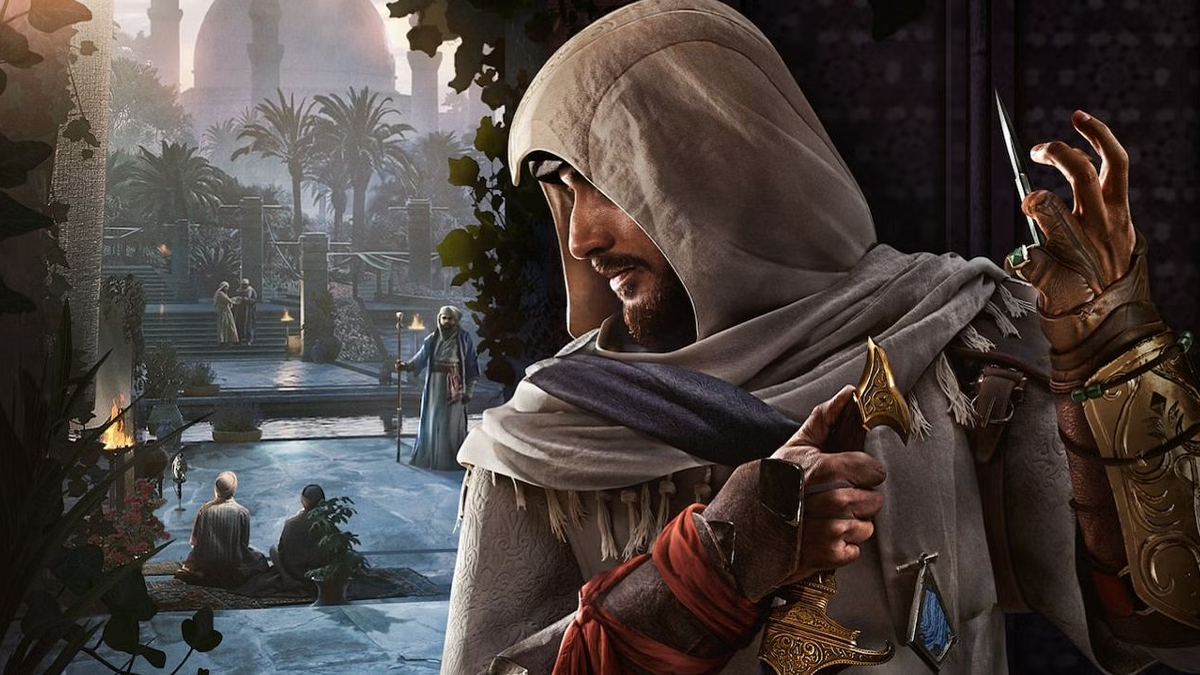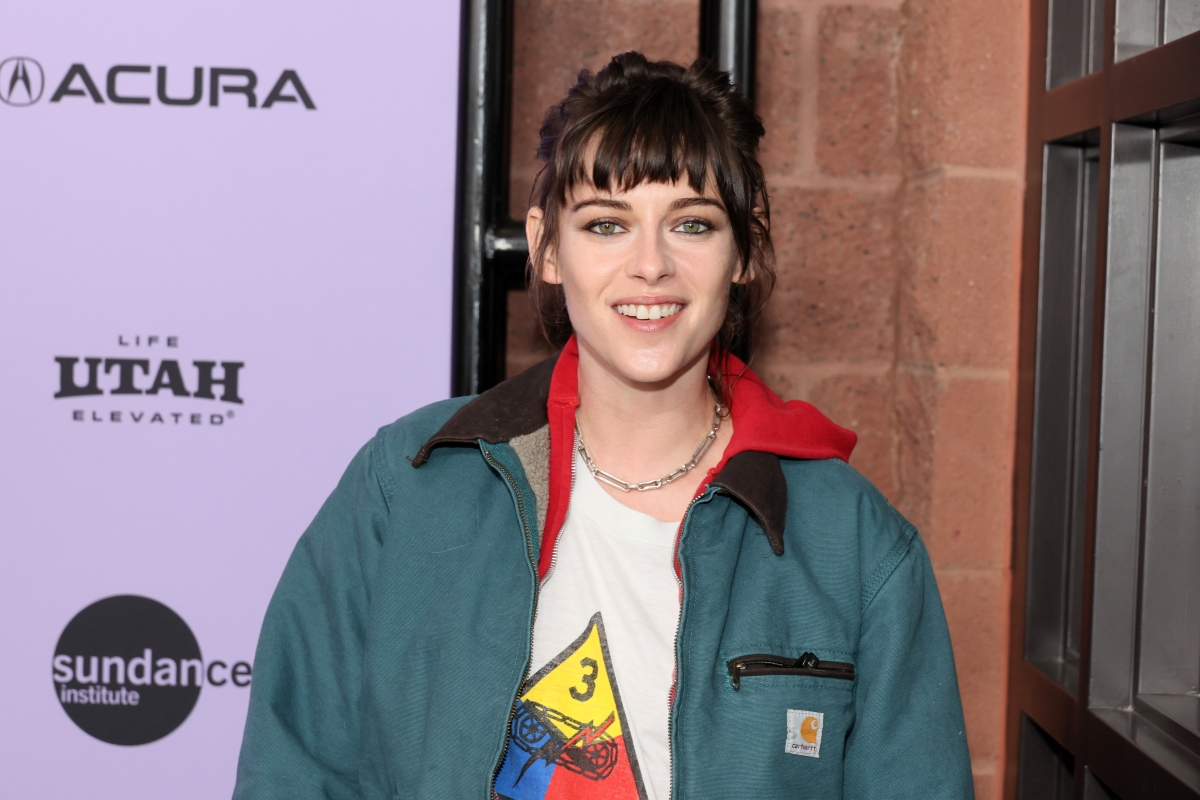ComingSoon Senior Editor Spencer Legacy spoke with Assassin’s Creed Mirage composer Brendan Angelides about the newest title in the massive game series. Angelides discussed how he incorporated historical instruments into the score and his work on Billions.
“In Assassin’s Creed Mirage, you are Basim, a cunning street thief with nightmarish visions seeking answers and justice,” reads the game’s description. “Join an ancient organization and come to understand a new creed – one that will change Basim’s fate in ways he never could have imagined.”
Spencer Legacy: You’ve composed for so many different mediums. What’s different about scoring a video game compared to a film or television series?
Brendan Angelides: Ultimately it’s all about the story and so in that sense it’s the same. But practically and logistically it’s a whole different ball game. Different types of games from my understanding have very different workflows but with open world games like Assassin’s Creed, it’s all about variety, patience, the ability to switch energy levels at any moment and maintaining a sense of thematic cohesion. Film and TV is, of course, linear and Assassin’s Creed is anything but. The music needs to support that freedom.
How did you find your way to creating the score for Assassin’s Creed: Mirage?
I was approached by the music team at Ubisoft. They had heard some of my previous releases. They were looking for something electronic in nature with blended manipulated recordings of authentic instruments to the time. Sounded like fun. I made a demo of how I envisioned the game feeling. I explained how I wanted to work with a number of talented musicians in various countries who could authentically represent the culture and sound. They liked the demo, thought it fit well, and felt like a fresh new take on Assassin’s Creed, and so we dove in.
Mirage takes the series to 9th-century Baghdad. How did you go about implementing that time period and culture into your music?
I limited myself to instruments that would have made sense at the time: Percussion, Nay, Oud and Joza. This allowed me to set rules for myself and work to achieve as much variety as I could within a framework. From there I met Layth Sidiq, who is a wonderful violinist, vocalist and the Artistic Director for the New York Arabic Orchestra. We worked together on emulating the Joza sound through his violin and his vocals being the voice of Basim throughout the soundtrack. I also worked with a network of wonderfully talented musicians from Iraq, Egypt, Palestine, and Israel for instrumentation.
Mirage also returns closer to the series’ roots with stealthier gameplay. How do you factor that slower and more quiet tone into the music?
The sounds were built from layered effect instruments and synths. I worked on various sections of the gameplay for instance, daytime, nighttime, within the city and outside. All these conditions influenced the sounds and inspired the ways in which they would tie together.
You worked with the New York Arabic Orchestra and Emel Mathlouthi for Mirage. What was collaborating with them like?
I’ve been connected to Emel for years. She is a supremely talented and fierce Tunisian artist currently based in NYC. This felt like a perfect project to work on together. I asked if she was up for being a part of the demo and then ultimately the game. There was an opportunity for Roshan to have her own theme and it instantly made sense, this was an opportunity.
I sketched out an idea, we went back and forth remotely on ideas and it came out fairly fast. I wanted to work with an orchestra for the game to help elevate the cinematic quality to the game. I was put in touch with the New York Arabic Orchestra via Layth. It was another perfect fit. I wrote out all the string parts for the various pieces and collaborated with a composer by the name of Akram Haddad to help with orchestration. He helped bring a level of true authenticity and expression and was available to conduct the day of as well. A percussion group from the NYAO was brought in to round out the strong presence on “Daughter of No One.”
What was an unexpected challenge that came during the process of crafting Assassin’s Creed Mirage’s music?
Just the sheer level of work to be done, really. There were a certain amount of minutes to be written, but many layers within those minutes. Having them all work together, looping, and seamlessly was a challenge for sure. But a fun one.
With Billions coming to an end, what was it like to work on that show from the beginning until the end?
It was a joy. Brian Koppleman and David Levien gave me my first scoring job with Billions. They had heard my album on NPR at the time, got in touch and asked if I was keen to score, and it was a blessing at the time. It allowed me to get off the road as much and get grounded. being able to be a part of the family for seven seasons is something I’ll always be proud of.
Were you able to combine your experience on past projects for your album Oxygen?
Absolutely. With what I’ve learned via scoring and my work with The Echo Society (composer based collective in LA), it all has influenced my own output. I’ve loved writing for orchestras and combining them with the electronic side of my workflow. I’ve been able to hit some more raw, emotional tones that I may not have allowed myself to, had I stayed on the path I was previously. Oxygen is a love letter to my family (I’m a new dad of twins) and features the London Contemporary Orchestra, woven into my electronic noodling. I’m excited to share it.










